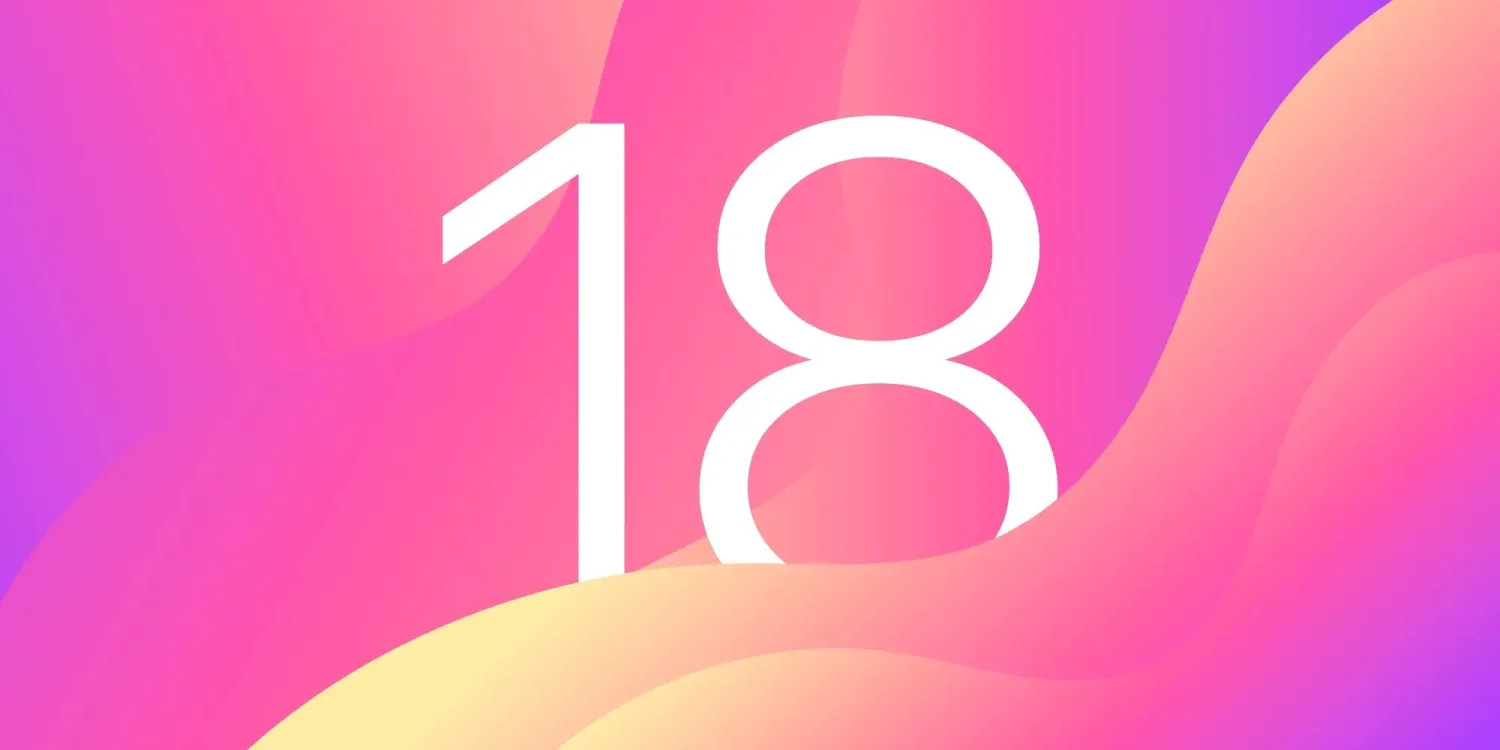 4069
4069
 2024-01-31
2024-01-31

iOS 18 will mark Apple’s annual iPhone software update for 2024 and will be full of changes. The update has been described as being “ambitious and compelling” with major new features and design changes planned. Read on for a recap of everything we know about iOS 18’s new features so far.
What to expect from iOS 18
In November, Bloomberg reported that Apple put a one-week pause on the development of new features for iOS 18 to fix bugs. This was done after the completion of the “first milestone” build of iOS 18. Typically, Apple would then immediately begin work on the second milestone, but this year, it took that one-week break to iron out early bugs and problems.
This delay, however, is unlikely to have a significant impact on iOS 18 in terms of new features and its release date. Instead, it was simply Apple taking an early pause to make sure iOS 18 is developed on as stable of a foundation as possible.
When will iOS 18 be released?
iOS 18 will likely be announced at WWDC 2024, which will take place during the first or second week of June. It will then be released to developers for beta testing. A public beta will likely be released in July 2024, followed by a release to the general public in September.
Here’s a rundown of recent iOS release dates:
iOS 18: Major new AI features
Apple was reportedly caught “flat-footed” by the sudden rise of AI tools like ChatGPT, Google Bard, and Microsoft Copilot. As such, the company is reportedly working on a wide array of new artificial intelligence features for iOS.
In October, Bloomberg’s Mark Gurman gave an in-depth rundown on some of Apple’s goals for AI in iOS 18. The report outlined that “there’s an edict” within Apple and Craig Federighi’s software team to fill iOS 18 “with features running on the company’s large language model.”
Here’s a recap:
Not all of these will necessarily be tied to iOS 18 or ready to be shipped as part of iOS 18. Apple’s apparent goal, however, is to fill iOS 18 with as many AI features as possible.
9to5Mac found evidence of Apple’s work on new AI and large language model technology in iOS 17.4. We reported that Apple is relying on OpenAI’s ChatGPT API for internal testing to help the development of its own AI models.
iOS 17.4: Apple continues work on AI-powered Siri and Messages features, with help from ChatGPT
RCS support
Apple made a surprise announcement in October: RCS support is coming to iPhones sometime in 2024. RCS, or Rich Communication Services, is the successor to SMS and MMS. It will bring a number of iMessage-style features to texts between iPhone and Android users.
RCS will unlock things like read receipts, typing indicators, and support for sending high-quality images and videos for conversations between iPhone and Android devices. It will also give users the ability to share their location with other people inside text threads. Unlike regular SMS, RCS can work over mobile data or Wi-Fi as well.
Apple’s specific wording is that RCS will be available on iPhone “later next year” via a software update. This would seemingly suggest that the feature could be included as part of iOS 18.
What else?
Bloomberg has described iOS 18 as being Apple’s most “ambitious and compelling” update in years. The update is reportedly considered “groundbreaking” inside Apple and full of “major new features and designs, in addition to security and performance improvements.”
As of right now, it’s unclear what else iOS 18 might include. The addition of major new AI features would certainly fulfill the “ambitious and compelling” description of iOS 18.
Apple has internally referred to iOS 18 as potentially the “biggest” iOS update ever, according to Bloomberg. There is reportedly a lot more in the works for the update than just the aforementioned new AI features.
It’s important to remember that Apple’s plans for iOS 18 may change between now and next June. Over the next seven months, Apple will finalize its plans for iOS 18 based on development progress. Some features could also be announced at WWDC 2024 but not released until much later via updates such as iOS 18.1 and iOS 18.2.
Source: 9to5mac